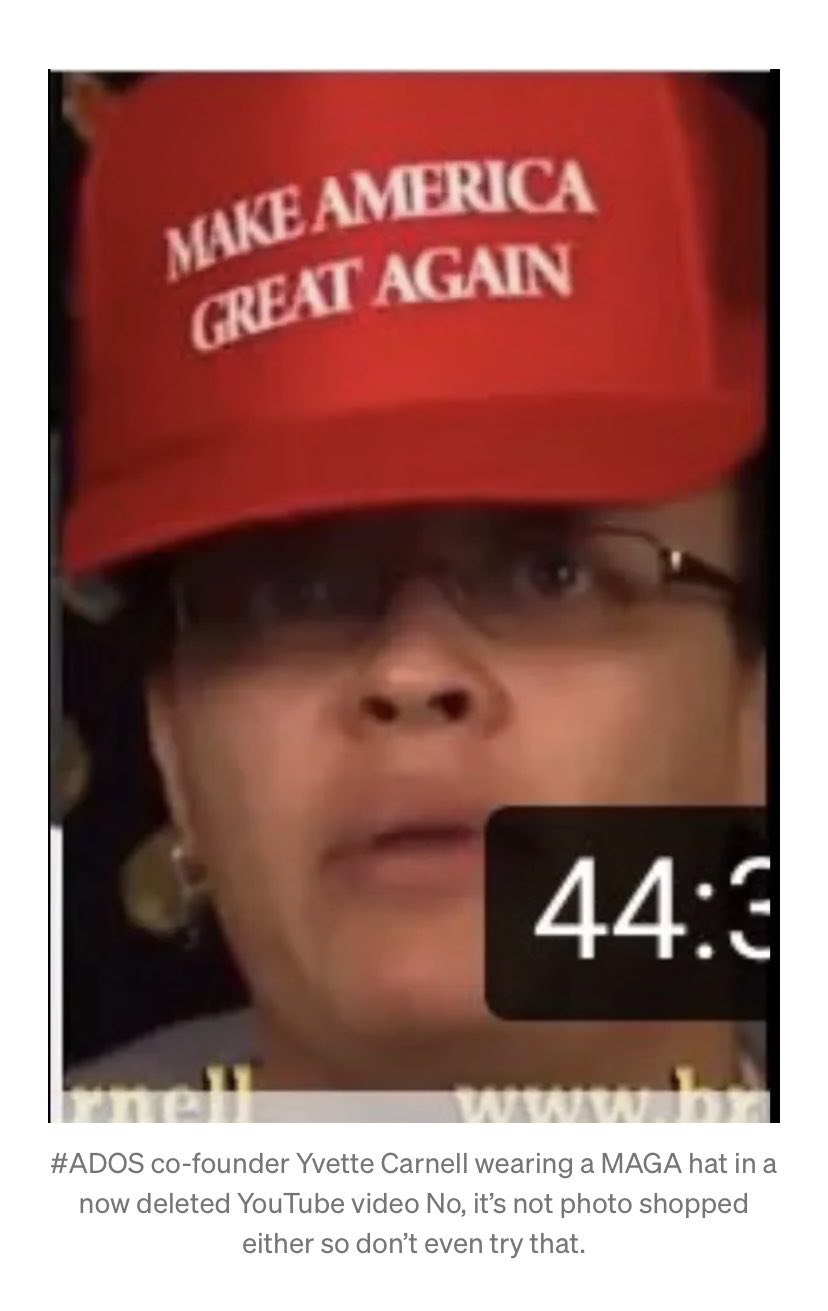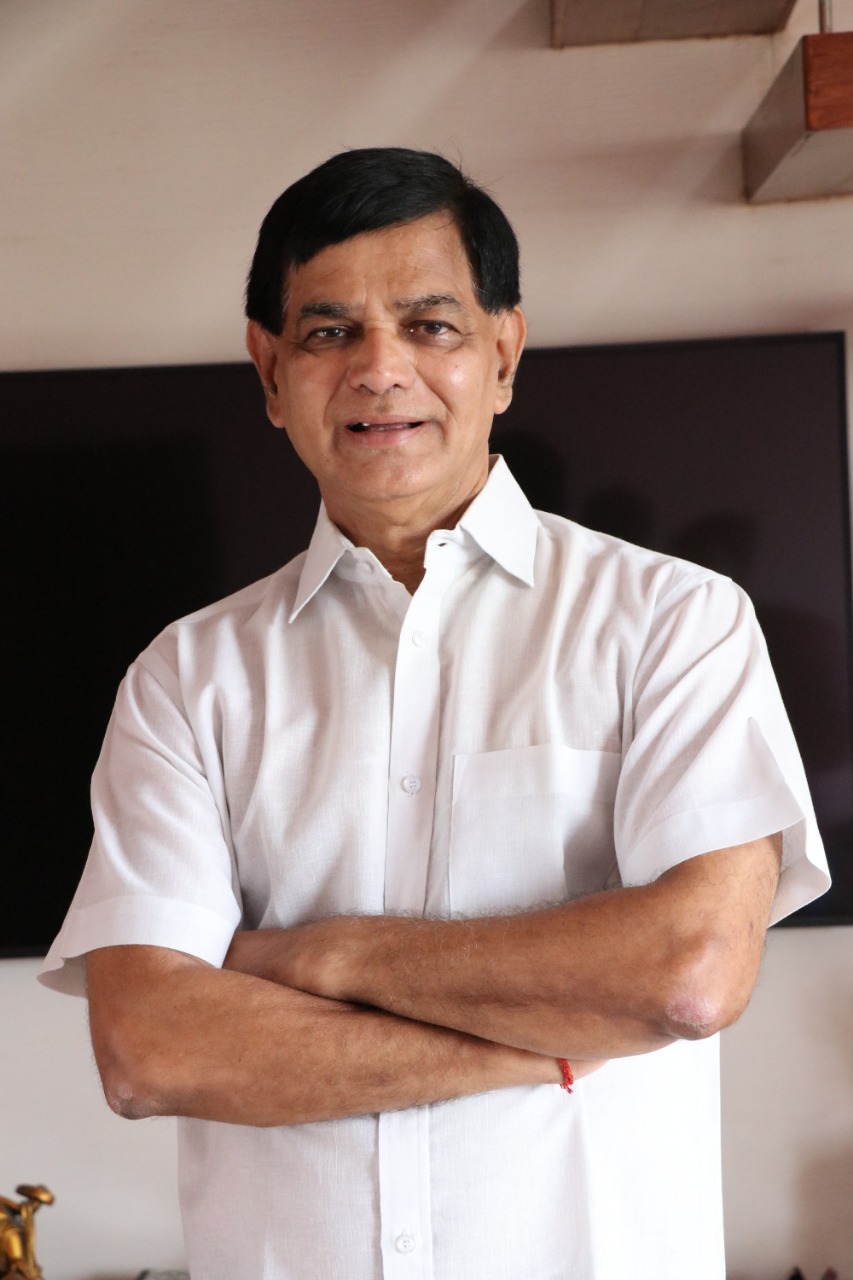
'American Death Squads': Inside Trump's Push to Make Police More Violent
Donald Trump wants to push cops to be as brutal as possible and shield them from accountability.
‘American Death Squads’: Inside Trump’s Push to Make Police More Violent
Trump’s recent call for a “violent day” of policing is part of his plan to push cops to be as brutal as possible and shield them from accountability
For years, Donald Trump had hoped — and tried — to implement programs and federal policies that would allow American police forces to act with impunity and cartoonish levels of brutality. When he was president, several ideas that Trump repeatedly bellowed about in the Oval Office included conducting mass executions, and having U.S. police units kill scores of suspected drug dealers and criminals in urban areas in gunfights, with the cops then piling those corpses up on the street to send a grim message to gangs.
The ideas were so grisly and paramilitary-sounding that some Trump administration officials began privately referring to them as his plans for “American death squads.”
In the years since he left office, following his efforts to cling to power, the former president’s desire to finish the job on policing that his first administration couldn’t, or wouldn’t, has only grown more intense. In the final weeks of his 2024 campaign to retake the White House, Trump is now explicitly running on a platform of encouraging domestic law enforcement to initiate — with an idea that drew immediate comparisons this week to the dystopian-horror movie series, The Purge — “one really violent day” of policing to put the fear of god into retail thieves.
The remarks at his campaign rally weren’t just Trump blowing off steam or trying to sound tough to his fans. His vision for a far more savage standard of American policing is fundamental to understanding the former — and perhaps future — president’s deeply authoritarian policy proposals that have been throttling the U.S. political landscape and society for nearly a decade now. And if Trump and his party defeat Vice President Kamala Harris in this year’s presidential contest, he and some of his closest allies are already plotting to build on what Trump tried to do in his first term, and push law enforcement to be as brutal as possible.
According to lawyers, advisers, and other sources who’ve spoken to the ex-president about policing since last year, Trump has discussed or been briefed on a variety of ways he could mold law enforcement in his MAGA, blood-obsessed image, should he reconquer the White House this November.
During the height of the Covid-19 pandemic in 2020, then-President Trump toyed with the idea of having his administration pull federal funding from Democratic-majority cities — such as Washington, D.C., and Seattle — that he deemed as “disempower[ing]” their own police departments. If Trump secures a second term, sources say, he has privately stressed on multiple occasions within the past year and a half that his administration should swiftly commit to this supposedly “pro-police” policy of holding funding hostage.
In mid-2020, as mass protests in the wake of the George Floyd killing and a sprawling racial justice movement were spreading throughout the nation, the Trump White House weighed seizing control of D.C.’s police force during the capital’s unrest, though the administration backed down following frantic pushback from the city. Trump has repeatedly told aides and confidants in recent years that if he’s elected again, and if there were again a level of crime or unrest in D.C. that he’d want the police to (in Trump’s words) “dominate” in ways that city officials found too extreme, he could declare an emergency and personally take control of the D.C. police.
Additionally, as recently as within the past several months, Trump has talked to close advisers and longtime allies in Congress and the Senate about how a Trump-controlled government would go about undoing the work of Obama and Biden-era Justice Department officials and civil rights divisions that have investigated police departments for rampant discrimination, brutality, and other abuses.
A new Trump administration would not only shut down and stop conducting those kinds of probes; in recent months, the former president has discussed with at least one MAGA lawmaker on Capitol Hill the prospect of getting a list together of police “warriors” who’ve been federally charged or convicted of offenses Trump deems “fake” or “politically correct,” and issuing a round of executive clemency and pardons early on in a second term.







